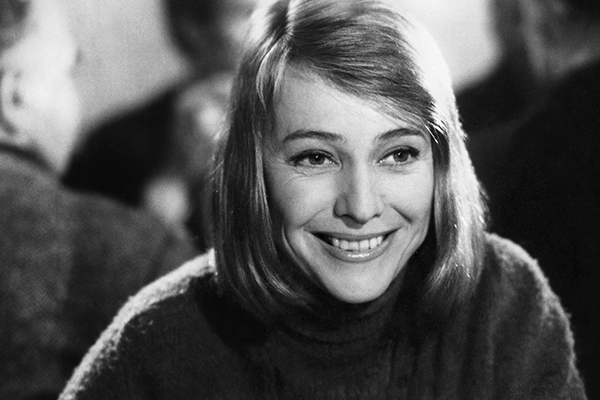The Story of a Three-Day Pass
(Melvin Van Peebles, La permission, 1968)
PostED ON OCTOBER 8 AT 2:50 PM
An African American soldier goes on leave for three days in Paris. He meets Myriam, a Parisian with free behaviour, gentle and sweet, who makes everything poetic in the face of a society that does not tolerate interracial romantic relationships.

This film is unlike any other. It thwarts everything one could imagine on such a subject produced in the late 60s. Melvin Van Peebles chooses not to let himself be harassed by the outside world, that is racist, most of the time out of ignorance, and puts forward only his personal thoughts of intimacy. We then find the Van Peebles style: pulsating music, scenes of joyful surrender between two skins against each other in the hollow of a bed, and political images of a violent world that we would like to flee. The protagonist carries it all at once. He dances with powerful conviction; he crosses Paris with an insane hope that feels good. Spontaneous, he speaks to his mirror, or more exactly, to his reflection, which stands out and responds to him. Van Peebles likes to multiply the small explosive details that make his film infinitely poetic and original. He puts his camera where one does not expect it and looks at his star couple with a benevolent and humorous eye, such as the scene where the lovers, kissing, seek with their free arms to reach the bed, placed a meter too far.
Virginie Apiou
In the presence of Yann Gonzalez, Max Van Peebles and Gerald Herman, Indiegogo Foundation

